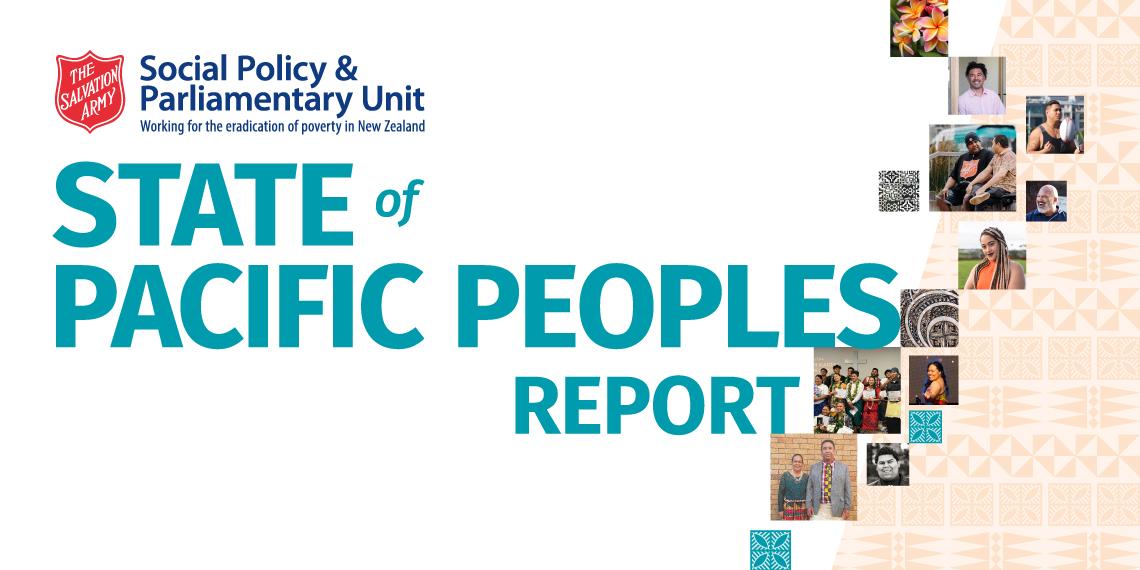State of Pacific Peoples 2024

The State of Pacific Peoples report provides a 10-year update on Pacific communities in New Zealand, building on previous reports More Than Churches, Rugby, and Festivals (2013) and This Is Home (2014). It highlights the significant contributions Pacific peoples make to New Zealand, while addressing ongoing disparities across five key areas: Children and Young People, Work and Income, Housing, Crime and Punishment, and Social Hazards. Despite being integral to the nation’s identity, Pacific communities continue to face challenges that impact their overall wellbeing.
For children and young people, a key concern is the decline in school attendance among Pacific students, with only 32 percent attending regularly. Coupled with the fact that nearly 30 percent of Pacific children live in material hardship—three times the rate of their European peers—this poses a serious risk to educational achievement and future opportunities, perpetuating cycles of poverty for Pacific children.
Employment for Pacific peoples has nearly doubled in the past decade, with more individuals entering skilled and managerial roles. However, underemployment remains a major issue, with reliance on Jobseeker Support increasing since 2019. This financial instability makes it difficult for families to achieve housing security, compounding the broader challenges they face.
Homeownership among Pacific families has fallen to just 35 percent, while demand for social housing has surged dramatically. Rising rents and overcrowded conditions continue to place immense pressure on Pacific families, affecting not only their housing stability but also their health and education.
In the justice system, while the number of Pacific offenders has decreased and recidivism rates have improved, issues such as family violence persist. In addition, the disproportionate impact of alcohol, drug use, and gambling on Pacific communities, as highlighted in the Social Hazards chapter, exacerbates these challenges.
There are clear opportunities for positive change, including early educational interventions, better access to skilled employment, increased support for affordable housing and targeted efforts to address social hazards. By focusing on these areas, New Zealand has a pathway to create lasting and meaningful change for Pacific peoples.
